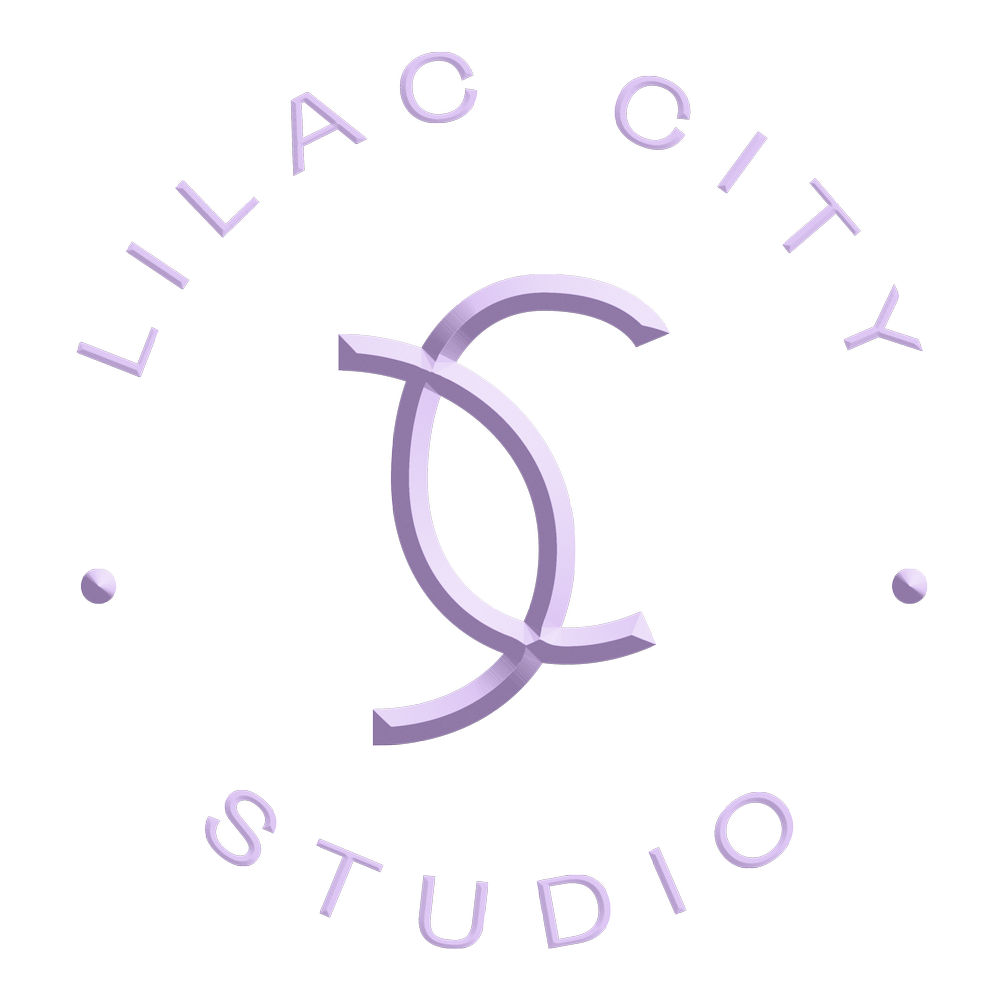PLASTIC
Amelia Skelton
The body is not an obdurate mass, but a fluid costume. It allows one to flow between real and assumed identities seamlessly. The body is the external. The external is not fixed, nor is it akin with nature, instead it is flexible, malleable; plastic.
To experience the liberation of seeing one's body as a kind of accessory, one must be able to dislocate themselves from natural biological processes. Treat your skin as material, subject to physical manipulation in order to align accurately with your desires and fantasies.
This divorce from natural processes can be seen as manipulation on behalf of capitalist bodies who seek to profit from individual and collective insecurity and desire. This, however, cannot nullify the inherent sense of fulfillment and freedom that the act of adorning a mask will allow. A mask enables a person to actualise their desires; to morph into a fantastical reincarnation of themselves.
Amelia recognizes and has a deep appreciation for the long and abundant history of mask making and adornment throughout the history of humanity. The practice has existed amongst a number of cultures, it is the prevalence and malleable use of the ‘Mask’ throughout humanities duration that captured and maintained Amelia’s attention.
Is the tendency to manipulate one’s external self in opposition with nature, or is it natural for a person to enact their fantasies if and where possible?
Plastic attempts to penetrate this question through exploring the treatment of the body in contemporary western culture. Amelia creates intricate costumes and masks out of an array of materials, decorating them with beads and ribbons and dying them with black ink. She treats the process of mask and costume making as her medium to expand ideas. This series of costumes and masks speak of the inherent desire to alter one’s external self; to become something else.
The recurring motif of plastic is significant to the body of work; the material and definition of plastic emphasises the commodification and the malleability of the human body. Similarly, having the hand crafted masks and costumes placed within plastic bags draws attention to role of art as a disingenuous tool for capital gain.
